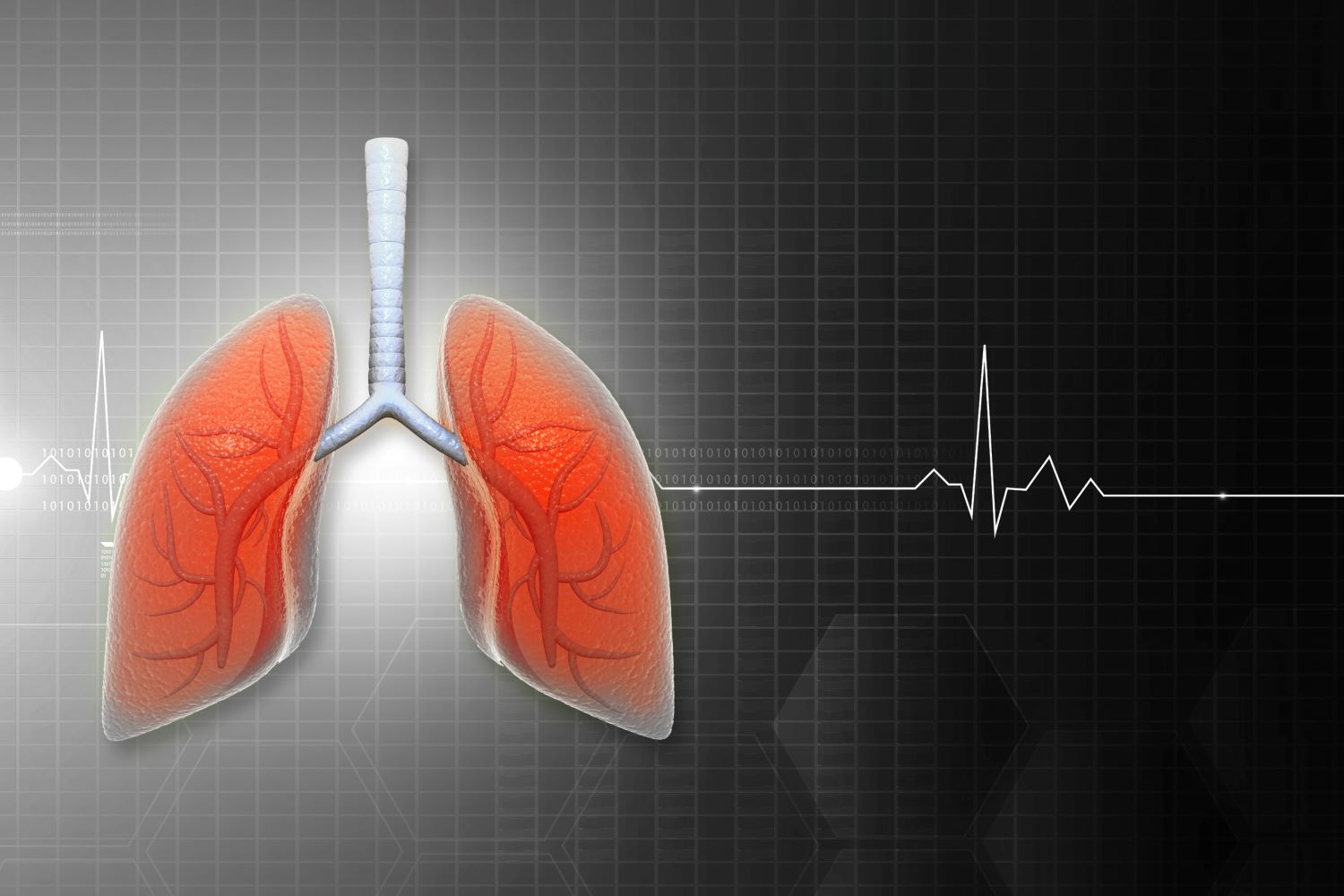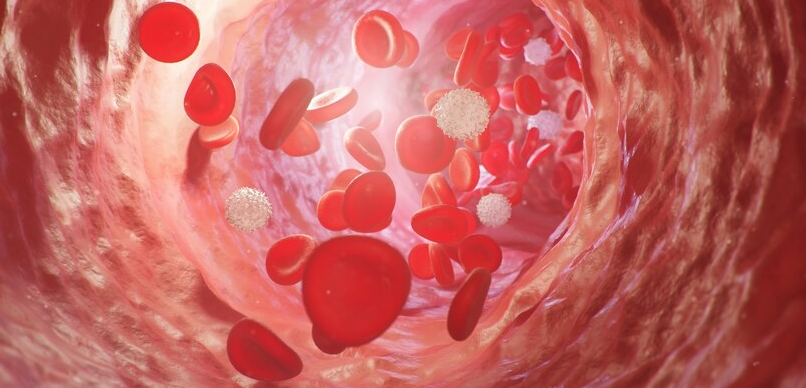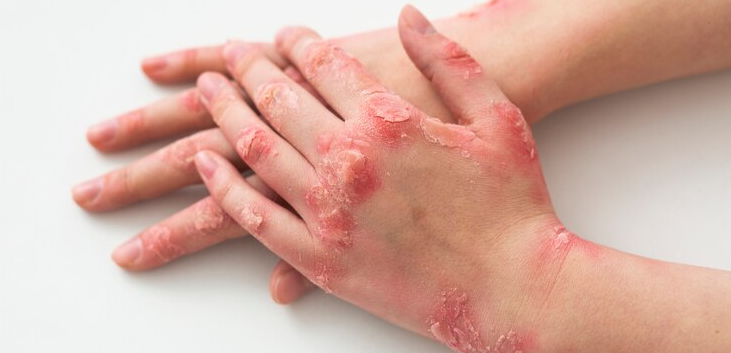To evaluate the effectiveness of the GOHAI, the MNA, and the dental hygiene of older patients using dental prostheses.
This was a cross-sectional study of people over 65 who used removable prostheses in at least one jaw (partial or complete denture) for a minimum of 6 months. The data were collected using questionnaires of a qualified examiner and oral clinical tests with interviewers in person. The subjects’ nutritional status was assessed by a Turkish version of the mini nutritional assessment (MNA). GOHAI questionnaire was used to evaluate those aspects considered to have an impact on the quality of life of the older population, such as functional limitation, aesthetic dissatisfaction, chewing discomfort, avoidance of particular food, out-of-social contacts, and self-medication administered for dental pain.
There was no statistically significant correlation between the GOHAI score and sociodemographic and intraoral data (p>0.050). A negative correlation was found between age and MNA. A statistically significant difference was found between the MNA score’s median values according to the participant’s education level, type of prosthesis, and marital status (p<0.050). Good was determined as the highest GOHAI category with 54%.
There is a negative correlation between age and MNA. The risk of malnutrition increases with age. Since the oral condition also affects the patient’s systemic condition, the team caring for geriatric patients must bring these people to the maximum level of life in a multidisciplinary manner.
This article is protected by copyright. All rights reserved.















